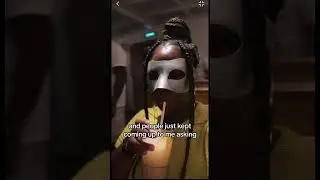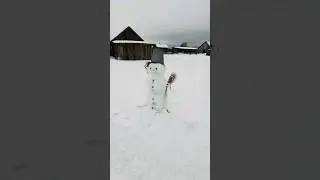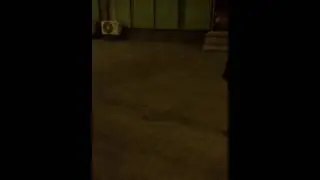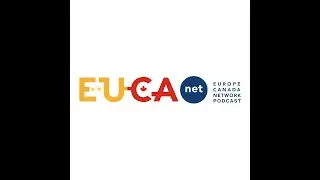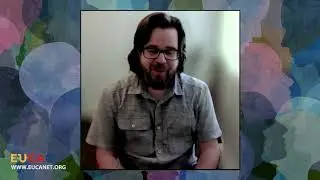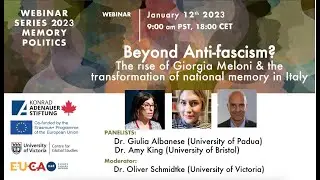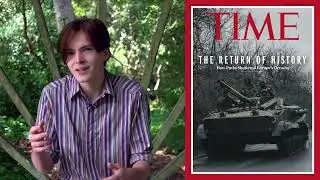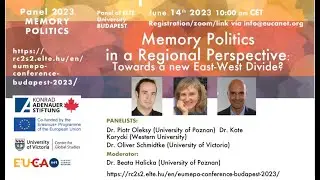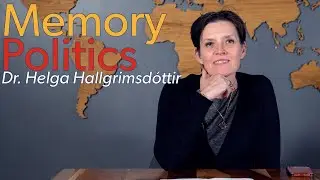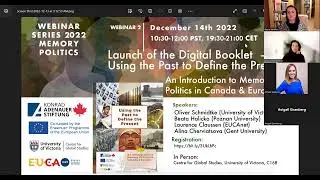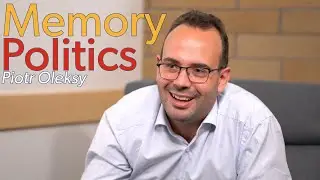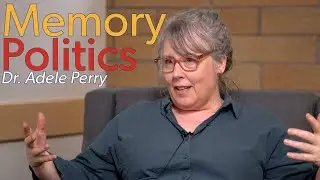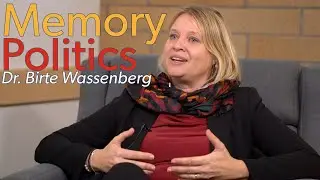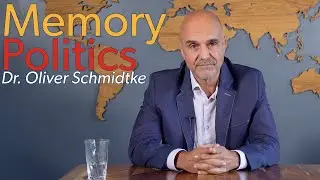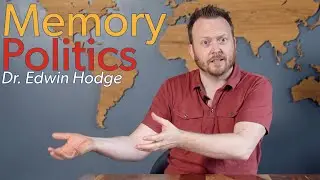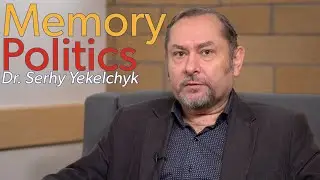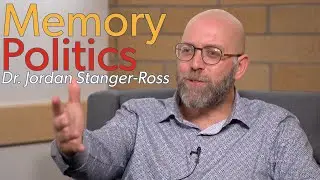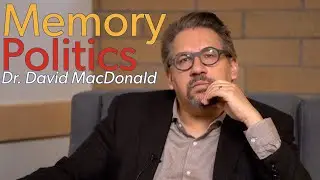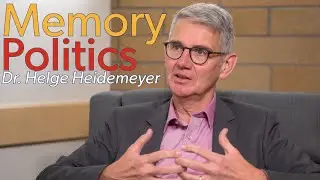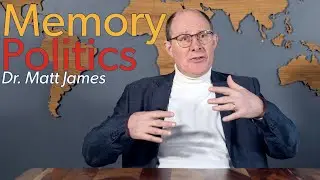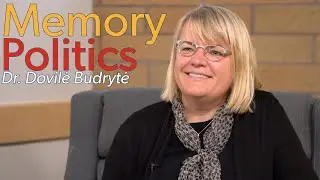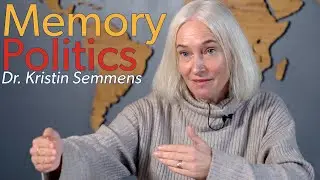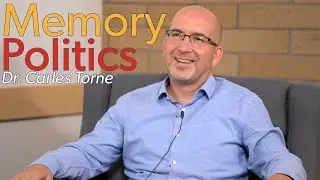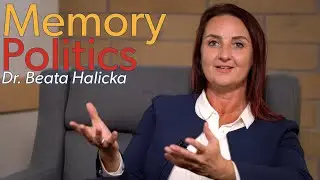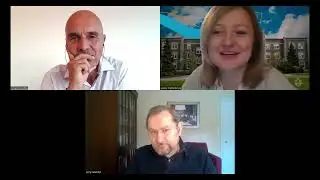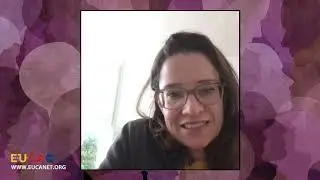Dr. Jenny Wüstenberg - Past Injustices, Current Realities
In this video, Dr. Jenny Wüstenberg’s research interest focuses on how grassroots movements and activists drive the commemoration of the past in Germany. She looks at the inter-generational transformation of memory culture in Germany and new approaches have been generated also by grassroots initiatives. In this context, Wüstenberg highlights the significance of locally based attempts to better understand history and to provide an interpretative framework for addressing past injustices. Conversely, she depicts how – under ideological auspices – the memory of the Third Reich and the Holocaust is currently being re-interpreted by the far right in Germany
This interview is part of the www.MemoryPolitics.ca activities: the project "European and North American Perspectives on Commemorating and Addressing Past Injustices" is co-funded by the Konrad Adenauer Foundation Ottawa and the Jean Monnet Network "European Memory Politics" is co-funded by the Erasmus+ Programme of the European Union.
The European Union support for the production of publications does not constitute an endorsement of the contents, which reflect the views only of the authors and cannot be held responsible for any use which may be made of the information contained therein.
The Memory Politics platform belongs to the Europe Canada Network information hub that promotes experts primarily located in Canada that work on European and Canadian current issues from a transatlantic perspective. Many of these experts offer commentary and expertise and are available for media interviews and public talks. We are a public outreach platform – that makes scholarly knowledge available and meaningful to the public in times when the need for evidence based knowledge and public debate is crucial. Our goal is to foster the Canada Europe Transatlantic Dialogue with the aim of supporting the process of informing public policy making.
Official Site: http://www.eucanet.org /
